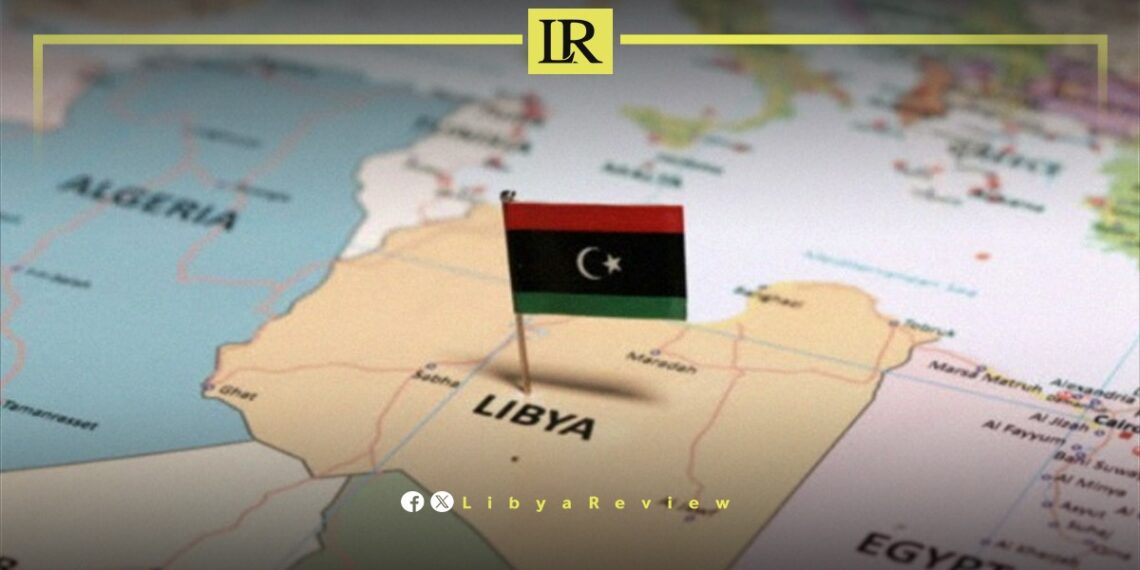A report by the US government, published by the State Department under the title “Investment Climate Statements for 2024,” highlighted the significant potential for local and foreign investment in Libya due to the country’s reconstruction needs, unmet consumer demand, and rich natural resources. However, the report underscores that Libya still faces a challenging investment environment.
Released on Thursday, the US report noted that while the Government of National Unity, led by Abdul Hamid Dbaiba, has shown interest in attracting more foreign investments and collaborating with international companies, foreign investment prospects remain hindered by unclear bureaucracy, complexities arising from divided state institutions, burdensome regulations, widespread corruption in public administration, and threats from armed groups.
The report continued, “Additionally, Libya’s executive branch has a long history of failing to comply with contractual obligations and making timely payments. Historically, the oil, gas, electricity, and infrastructure sectors have received the largest investments in Libya. According to Transparency International and numerous well-informed local sources, corruption is deeply entrenched in Libya and pervasive at all levels of public administration.
The lack of clear and accountable mechanisms for managing oil reserves and revenues, awarding government contracts, and enforcing often ambiguous regulations continues to provide government officials with ample opportunities for rent-seeking and corrupt activities,” according to the State Department’s 2024 Investment Climate Statement on Libya.
Libya’s potential for investment is substantial, given its strategic location, vast natural resources, and urgent need for rebuilding after years of conflict. However, the country’s investment climate is fraught with obstacles that deter local and foreign investors.
The State Department’s report identified several critical issues that impede investment in Libya:
Investors face significant challenges navigating Libya’s complex and often opaque bureaucratic processes. The division of state institutions further complicates these procedures.
The report points out the heavy regulatory environment that stifles business operations and investment activities.
Corruption is a major barrier, with Transparency International and local sources indicating it affects all levels of government. This includes issues with managing oil revenues and awarding contracts, which are not transparent and are prone to corrupt practices.
Armed groups pose a continuous threat to stability and security, further discouraging investment.
The Government of National Unity’s interest in attracting foreign investment is a positive step, but the execution remains problematic. The report suggests that without significant reforms to address these systemic issues, the investment climate will remain challenging.
Historically, Libya’s oil, gas, electricity, and infrastructure sectors have attracted the most investment. However, ongoing corruption and regulatory issues hinder the potential for growth and development in these areas. Ensuring transparent and accountable management practices is crucial for unlocking Libya’s investment potential.


